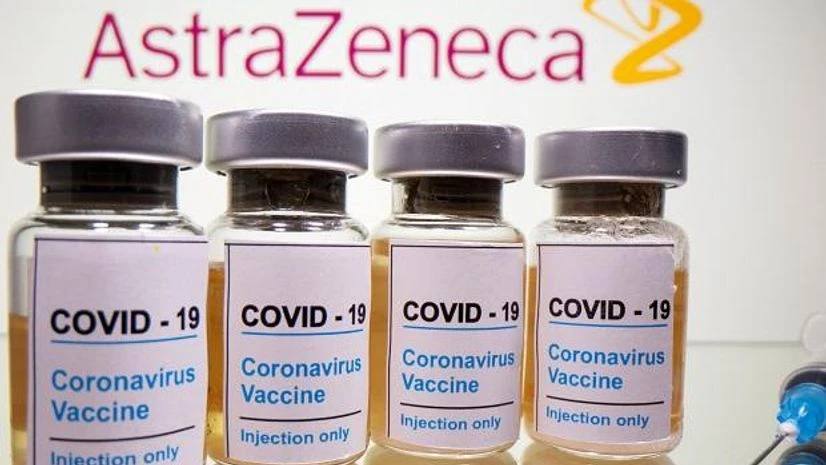Spain, Cyprus, Italy and France will resume administering the Oxford-AstraZeneca COVID-19 vaccine, after the European Medicines Agency (EMA) said it was 'safe and effective.'
Spanish Health Minister Carolina Darias announced at a nationally televised news conference on Thursday that it will resume the administration of AstraZeneca vaccines from next Wednesday, CNN reported.
Darias said that health experts from Spain's 17 regional governments, which administer the vaccines against COVID-19, will meet this weekend to make a proposal on which parts of the population should get the AstraZeneca vaccine starting from next Wednesday.
Meanwhile, Italy's medicines regulator, AIFA, considers that "the reasons behind the precautionary ban on the use of vaccine batches, issued on March 15 no longer exist," CNN reported citing the Italian Health Ministry press office.
"On Friday, as soon as the Committee for Medicinal Products for Human Use (CHMP) releases its opinion, AIFA will proceed to revoke the ban on the use of the AstraZeneca vaccine, thus allowing a complete resumption of the vaccination campaign starting at 15.00," the statement added.
Meanwhile, the Cyprus government in a statement said: "Following today's scientific conclusion from the European Medicines Agency (EMA), which clarifies that after a thorough investigation there is no link between the AstraZeneca vaccine and the thrombo-embolic events reported by EU countries and that the vaccine is considered safe and effective, the Ministry of Health announces that from tomorrow, March 19, 2021, vaccinations with the AstraZeneca vaccine will resume."
Earlier, an EMA committee said that the AstraZeneca coronavirus vaccine is "safe and effective" and the benefits in combating COVID-19 continue to outweigh the risk of side effects, after concluding its preliminary review of people vaccinated with it.
More From This Section
The EMA said that the vaccine is not associated with an increase in the overall risk of blood clots (thromboembolic events) in those who receive it and there is no evidence of a problem related to specific batches of the vaccine or to particular manufacturing sites.
This comes after some countries in the European Union temporarily suspended the use of the AstraZeneca COVID-19 vaccine as a precautionary measure based on reports of rare blood coagulation disorders in persons who had received the vaccine.
(Only the headline and picture of this report may have been reworked by the Business Standard staff; the rest of the content is auto-generated from a syndicated feed.)

)
